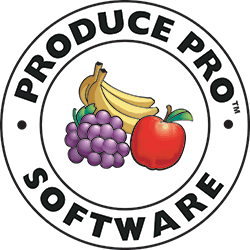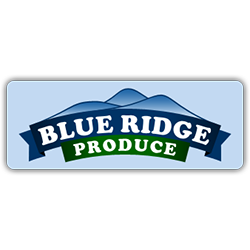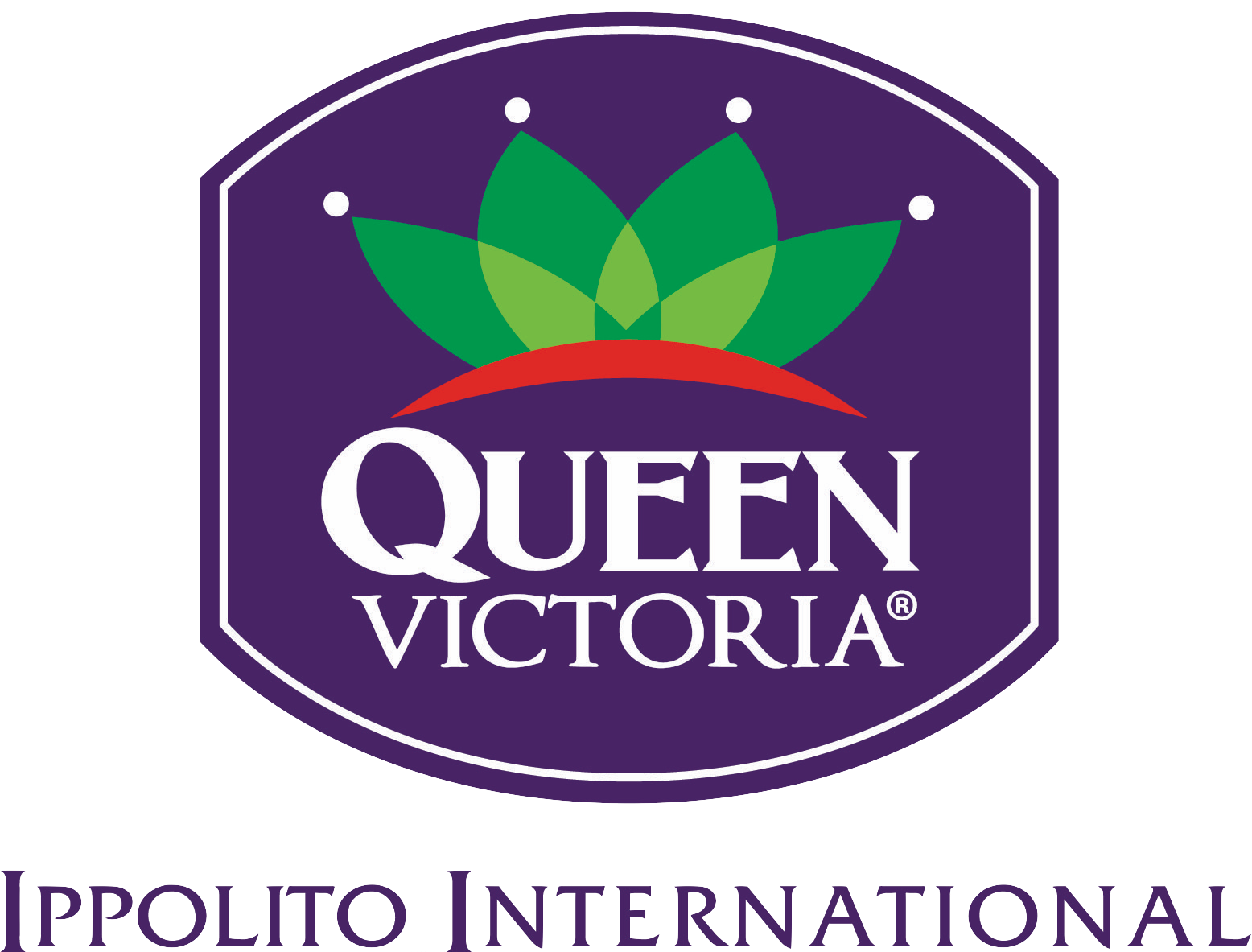In the past month I’ve touched on topics such as fresh produce quality standards and even produce manager standards, and what defines each, from several angles.
I remember being interviewed for my first produce manager opportunity. I was an assistant produce manager, one of many in our company that were vying for a handful of such promotions. One question posed was this: “How would you define your management standards?”
A little naïve, I stumbled through the response. I might have known how to answer the question but did not fully understand what the “standards” term meant. If they’d have said something like, “Describe how you would run a produce department,” that language I might have understood. I was turned down.
I was new to business terminology, what could I say?
However, I was unknowingly in the midst of absorbing produce management standards, and from some of the best.
I worked for some older produce managers, and for newer ones too. They all brought something to the whole standard-learning party.
The guy I probably learned from the most was initially a dyed-in-the-wool jerk. Or, at least I thought so at first. “Doug” was stern in every way: punctuality, speed, quality of work.
Doug was a clean freak too. We cleaned before we prepped produce, we cleaned up afterward. Once a week we sanitized every square inch of our back room and prep tables, and we followed a regimen of what fixtures were stripped and cleaned on a weekly, monthly or quarterly basis.
The number of other produce managers I knew who did that? None.
Doug was also an organizational freak. Our to-do calendar in our back room was filled with what tasks needed done, when, and who was assigned. From training to meetings to weekly ad merchandising, it was on the schedule. He worked as hard as anyone, and if anyone fell short of his expectations, Doug was, um, grumpy.
At first everyone on the crew (me included) rolled our eyes behind his back with comments such as, “Man, this guy takes things too serious!” Mostly because he did, but eventually we followed in kind.
It got to the point where everything ran like clockwork. There was a place for everything, and everything was in its place. Under Doug’s watchful eye, we did things right — well, most of the time. As a result, we all took extra pride in having the freshest produce on display, having a neat, clean, organized and profitable produce department. We not only bought into Doug’s work ethic but embraced it as well.
The next interviewer that asked about produce department standards? I simply began by saying, “Well, here’s how we manage things now, and it seems to work pretty well.”
Armand Lobato works for the Idaho Potato Commission. His 40 years’ experience in the produce business span a range of foodservice and retail positions. E-mail him at [email protected].
Related
Inventory time doesn’t have to be a headache
Time management for produce supervisors
Produce M*A*S*H
















